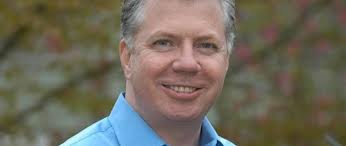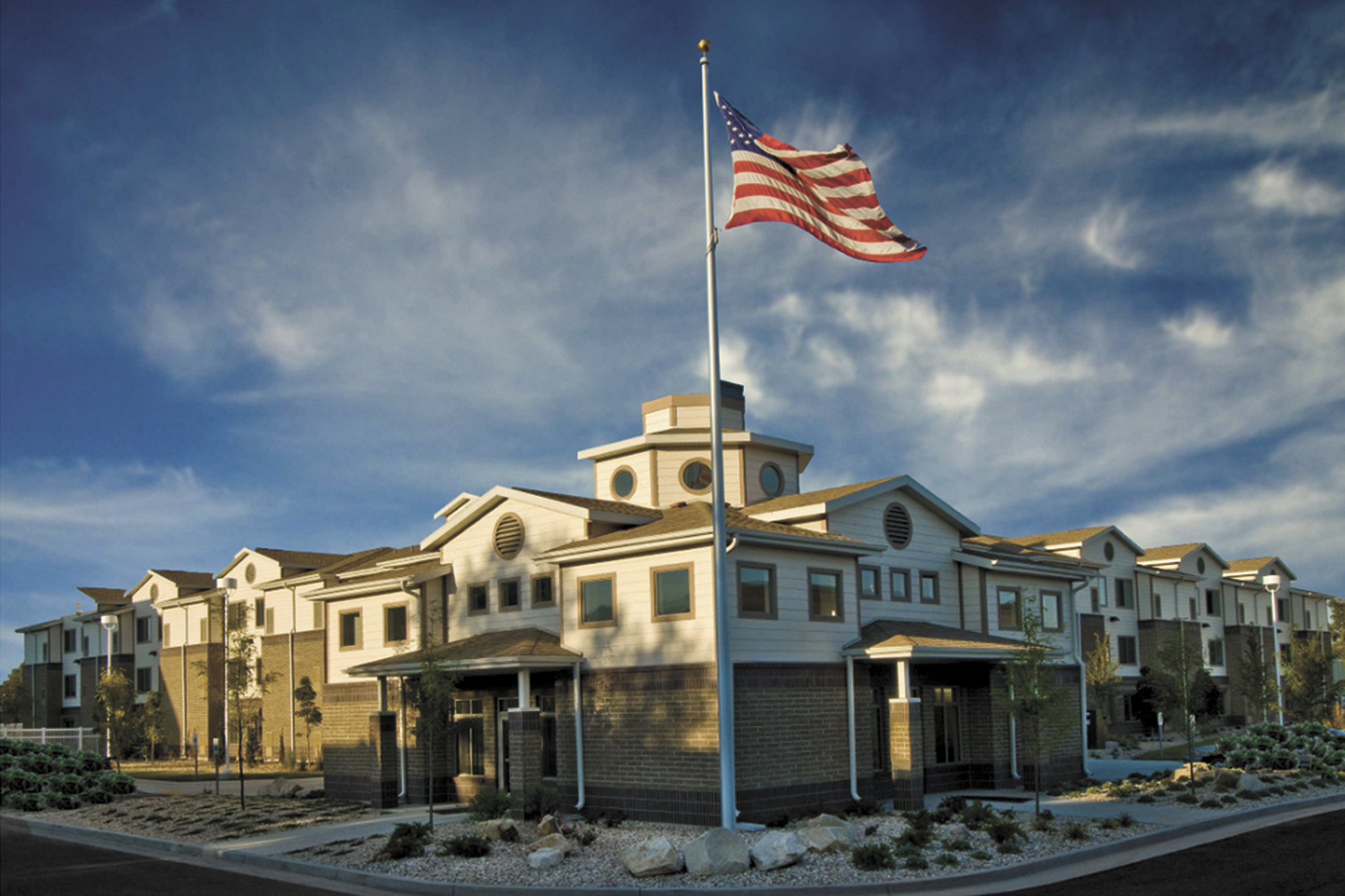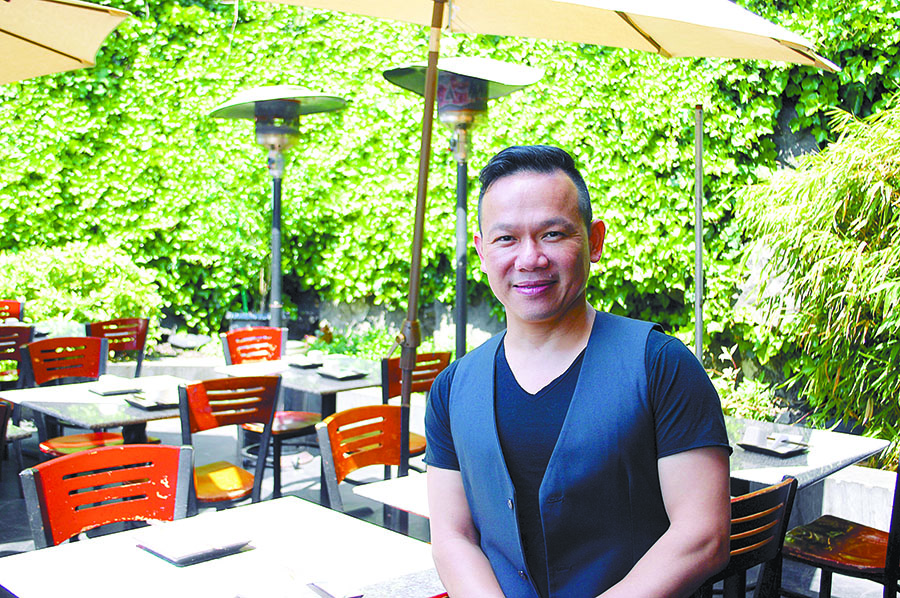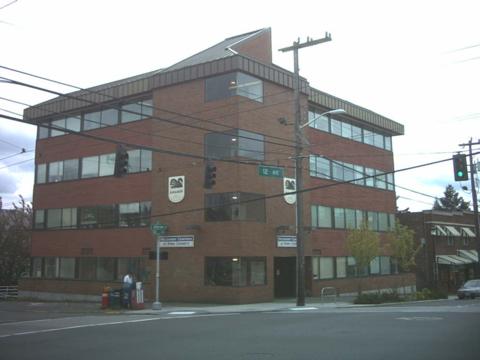Good morning, Seattle, you got a real mayor’s race on your hands now.
Ed Murray, longtime lawmaker, bird-watching hobbyist and a gay-rights champion dating back to his days as a Bobby Kennedy campaign volunteer, is headed for an autumnal showdown with Mayor Mike McGinn.
It should be one spirited race – and, with a very good chance of turning downright nasty. These two political combatants really don’t like each other.
Recall that Murray back in May told Seattle Weekly that if it came down to him and the McGinn, the mayoral race would be “the ugliest campaign Seattle has ever seen.”
For his part, McGinn thinks Murray screwed the pooch in Olympia, in terms of bringing home transportation dollars to Seattle, while falsely clinging to a collaborative, let’s-all-get-along political persona.
McGinn, despite abysmal poll numbers and a widespread perception that he’s an uncompromising, headstrong pol with a my-way-or-the-highway penchant, finished in the winner’s circle.
As late as Tuesday afternoon, McGinn’s campaign manager thought the specter of a third-place finish was a very real possibility. It does appear, however, the McGinn campaign did mange to assemble a superior ground game, which included a well-staffed door-belling and phone bank operation – thanks largely to organized labor.
For the past several months, though, McGinn worked assiduously to cement his base of liberals, environmentalists, the Cascade Bicycle Club. He also received an outpouring of union support, galvanized by McGinn’s well-publicized tiff with Whole Foods.
It appears that McGinn’s message that Seattle is on the upswing and headed in the right direction resonated.
But do did Murray’s compelling campaign narrative – that he’s successfully toiled in the political trenches in the state capital for the past 18 years and knows how to build coalitions and workable relationships with friend and foe alike.
Murray, who outspent all of his rivals by a wide margin, gradually, piece by piece, captured the support of the city’s establishment – all of which was glowingly cited in The Seattle Times’ endorsement last month – who’ve never trusted or got along with McGinn.
Ex-councilman Peter Steinbrueck, meanwhile, came in a distant third, a unexpected turn of events, for the well-regarded architect whose campaign message seemed to be: It’s time for the city to catch its breath for a moment before embarking on further mega-development projects.
Last evening, more than 100 supporters gathered at a ballroom at China Harbor on Lake Union left in stunned disbelief – this after Steinbrueck’s chief political operative Cathy Allen, never known to understate anything, promised a “historic night” – when the first and only electoral count of the night showed Murray with 30.24 percent, followed by McGinn with 27.15 percent – and Steinbrueck with 16.26 percent. Seattle City Councilman Bruce Harrell finished fourth, about a point behind Steinbrueck.
The mood was obviously festive at Murray’s campaign celebration at the Crocodile in Belltown, as victory was expected. When Murray took the stage, Seattle City Councilman (and one-time serious mayoral contender) Tim Burgess, was joined by City Attorney Pete Holmes and more than a dozen other volunteers and campaign staffers.
Introduced as “the reason the state has marriage equality,” Murray went on to claim that the results proved that Seattle wants a change of leadership.
Murray told the crowd one of his volunteers was assaulted two nights ago, the second hate crime against a gay person in the last few weeks, he said. “We can’t go back to the 1980s,” Murray implored.
Over at 95 Slide, a Capitol Hill sports bar, chants of “four more years” resounded as a relieved but triumphant looking McGinn strode to the podium.
“Let the chips fall where they may,” McGinn said.“This race is about the future, this race is about the city, this race is about the city we want to see. You know where I stand, you know what I stand for. Now we are going to go out and run a hell of a race.”
So there you have it: McGinn versus Murray. The man who believes Seattle should command and govern the political dialogue when it comes to the hard-pressing issues, such as transportation and education, against the self-described “regionalist,” who says Seattle can best achieve its goals by working cooperative with others throughout Puget Sound.
We’ll have choice in November. A good, clear choice as to how Seattle is going to deal with the envitable urbanism that’s been thrust upon its 540,000 residents over the past decade.
This morning, though, as mid-summer’s poltical dust begins to settle, the invariable question will surface: Who will Steinbrueck and Harrell’s supporters move to now when the leaves turn brown?
Stay tuned.
Seattle Weekly staff writers Daniel Person and Kelton Sears contributed to this report








